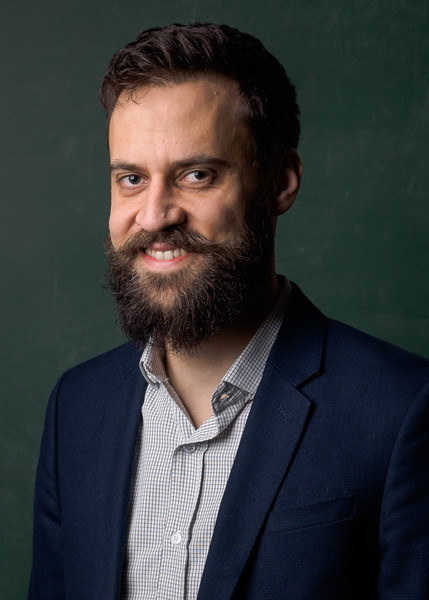
Obróć ekran, aby
przeglądać stronę

O nas
Struktura
Nauka
Edukacja
Dla pracowników
Prof.
Felix
Binder
School of Physics, Trinity College Dublin, The University of Dublin, Ireland

Stochastic processes with memory are as ubiquitous throughout the quantitative sciences as they are notorious for being difficult to simulate and predict. Weather patterns, stock prices, and biological evolution are just some of the most prominent examples.
In the last decades a sophisticated framework, called 'computational mechanics', has been developed that studies the complexity of such processes in terms of the minimal memory required for their simulation. More recently, it was discovered that this memory requirement for simulation may be further reduced by using a quantum instead of a classical memory substrate. Based on these results, we have developed a generic method for constructing unitary quantum simulators for a large class of stochastic processes, which can yield an unbounded scaling advantage.
In this talk I will give a brief introduction to computational mechanics and statistical complexity as well as their extension to quantum memory. I will then describe the construction of a unitary quantum simulator which is applicable to a large class of stochastic processes. Finally, I will highlight some of the implications of the results, and in particular, unbounded scaling advantage.
This is a hybrid event:
Room D, the Institute of Physics PAS, Al. Lotników 32/46
Online: Zoom Link, (Passcode: 134595, Meeting ID: 823 8038 0442)